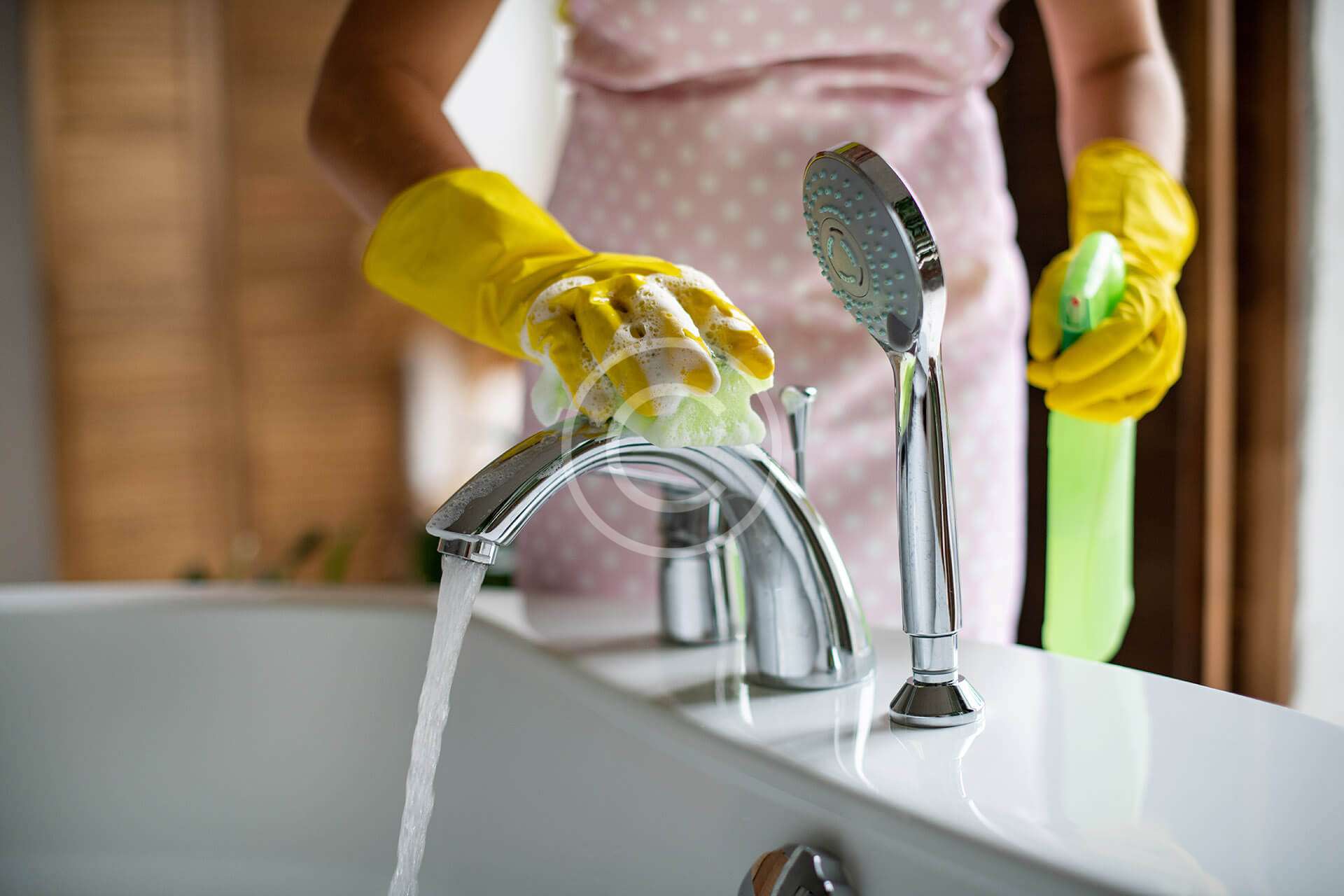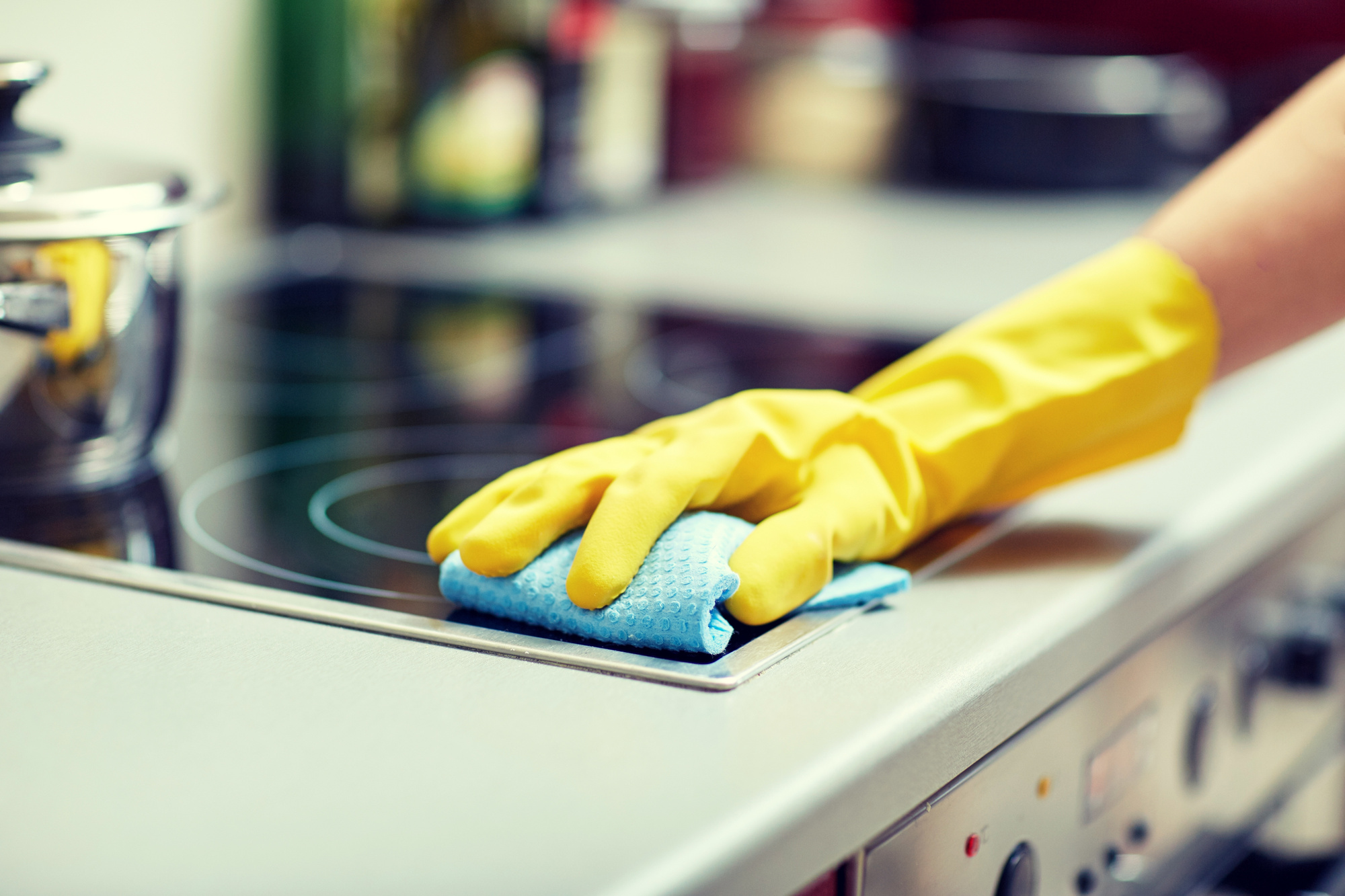So, you’ve been running your dishwasher regularly, but lately, your plates don’t come out quite as clean as they used to, and there’s a weird smell when you open the door. You’re not alone. Over time, mineral buildup, food residue, and mold can start collecting in hard-to-reach places, which is why knowing how to clean a dishwasher isn’t just a nice-to-have—it’s a must. Whether your machine is acting up or you just want to keep it in tip-top shape, cleaning your dishwasher regularly can really help your dishes come out sparkly and your kitchen smelling fresh.
Now, the good news is, you don’t need any fancy products to get the job done. You’ve probably already got everything you need in your pantry—like white vinegar, baking soda, or even a lemon. These natural cleaners are super effective and way gentler than harsh chemicals like bleach. Plus, cleaning your dishwasher once a month can go a long way in keeping it running smoothly and preventing those unpleasant odors.
In this guide, we’ll walk you through exactly how to clean a dishwasher, step by step. We’ll cover the filter, the gasket, the drain, and more. You’ll learn how to load your dishwasher properly for best results, and even how to deodorize it without spending a lot of money. So, let’s get into it!
- The Amish Farm And House
- Big Cedar Lodge Missouri
- Embrace Resilience Sami Zayns Guide To Moving On
- Her Fantasy Box Wash
- How To Craft A Compelling Jillian Babyteeth4 Bio Age Height Single Nationality
Table of Contents
- Why Cleaning Your Dishwasher Matters
- What You’ll Need to Clean Your Dishwasher
- Step-by-Step Guide to Cleaning Your Dishwasher
- How Often Should You Clean Your Dishwasher?
- Frequently Asked Questions
Why Cleaning Your Dishwasher Matters
If you’ve ever opened your dishwasher after a cycle and caught a whiff of something that’s not exactly pleasant, you know it’s time to give it a good cleaning. Dishwashers might seem like self-cleaning appliances, but they’re not. Food bits, grease, and soap scum can build up over time, especially in the filter, drain, and around the rubber gasket. Left unchecked, these can start to smell bad and may even affect how well your dishwasher works.
Plus, hard water deposits can leave a chalky film on your glassware and inside the machine itself. That’s why giving your dishwasher a deep clean every now and then is so important. It’s not just about keeping it looking clean—it’s about making sure it performs the way it should, wash after wash.
What You’ll Need to Clean Your Dishwasher
Thankfully, you don’t need to run out and buy anything special to clean your dishwasher. Here’s a simple list of items you might already have at home:
- Kyle Dubas Net Worth Marriage Age And Family
- Unveiling The Details Louis Riddicks Marital Status
- The Mount Edith Whartons Home
- Detroit Metro Airport Detroit Mi
- Unveiling Damian Marleys Net Worth How Rich Is The Reggae Icon
- White vinegar
- Baking soda
- Lemon (fresh or bottled juice)
- A soft cloth or sponge
- An old toothbrush (for scrubbing tight spots)
- Warm water
Some people like using commercial dishwasher cleaners, but if you’re looking for a natural, affordable option, these household staples work like a charm. The American Cleaning Institute also confirms that vinegar and baking soda are safe and effective for regular cleaning tasks around the home.
Step-by-Step Guide to Cleaning Your Dishwasher
Here’s a simple way to get your dishwasher looking and smelling fresh without too much effort:
- Empty the dishwasher – Make sure there are no dishes inside. If there’s any visible debris, wipe it out with a damp cloth.
- Clean the filter – Most dishwashers have a removable filter at the bottom. Twist or lift it out and rinse it under warm water. If there’s stubborn grime, scrub it gently with a toothbrush.
- Check the drain – Use a paper towel or cloth to wipe around the drain area to remove any trapped food or gunk.
- Place a cup of vinegar in a microwave-safe mug – Put it on the top rack of your dishwasher and run a normal cycle. The vinegar helps break down grease and mineral deposits.
- After the cycle ends, sprinkle baking soda – Sprinkle a half-cup of baking soda along the bottom of the dishwasher and run a short rinse cycle. This helps neutralize odors and remove any remaining buildup.
- Wipe the gasket and door – Use a cloth soaked in vinegar or lemon juice to wipe down the rubber seal around the door. This helps prevent mold and keeps the seal tight.
- Scrub the spray arms – Check the spray arms for clogged holes. Use a toothpick or small brush to clear any blockages so water flows freely during the next wash.
This entire process usually takes less than an hour and can be done while you’re tackling other chores around the house. And the best part? You’ll feel the difference the next time you open the dishwasher and take out spotless dishes.
If you’ve got a particularly smelly dishwasher, you might want to do this cleaning routine more than once a month. That’s totally fine—just make sure you’re not using any harsh chemicals that might damage the interior or leave behind strong odors.
How Often Should You Clean Your Dishwasher?
A good rule of thumb is to give your dishwasher a deep clean once a month. If you use it a lot, or if you live in an area with hard water, you might want to do it a bit more often—maybe every two to three weeks. That way, you’re staying on top of mineral buildup and keeping things running smoothly.
Also, if you start noticing that your dishes aren’t drying as well or there’s a lingering smell after a cycle, that’s a sign it’s time for a cleaning. Keeping up with regular maintenance can actually extend the life of your dishwasher and help it perform better over time.
And don’t forget to Learn more about how to properly load your dishwasher to maximize cleaning efficiency and avoid clogging the drain or spray arms. It’s a small thing that can make a big difference!
Frequently Asked Questions
Can I use bleach to clean my dishwasher?
You can, but it’s not the best option. Bleach is a strong chemical that can damage the rubber gasket and leave behind a harsh smell. If you’re looking for something natural and effective, white vinegar or lemon juice are great alternatives.
How do I get rid of bad smells in my dishwasher?
Bad smells usually come from trapped food or mold in the filter or gasket. Running a cycle with vinegar and baking soda can really help freshen things up. Also, wiping down the seal and checking the drain regularly can keep odors at bay.
What’s the best natural cleaner for a dishwasher?
Vinegar and baking soda are two of the best natural options. They’re affordable, safe for most dishwasher models, and work well to break down grime and remove odors. Lemon juice is another option that adds a nice, fresh scent.
Learn more about appliance maintenance to keep your kitchen running smoothly all year long.
Related Resources:



Detail Author:
- Name : Ms. Sadye Schulist III
- Username : king.rowena
- Email : hhuel@gmail.com
- Birthdate : 1999-01-01
- Address : 6522 Emmerich Glen New Lilymouth, IL 92104
- Phone : +1-279-912-2898
- Company : Mueller LLC
- Job : Chemical Equipment Tender
- Bio : Provident enim repudiandae necessitatibus et aut rerum ea. Aut fugiat perferendis tempora quo. Voluptatem perferendis est libero quo nostrum corporis ea. Praesentium hic in qui.
Socials
instagram:
- url : https://instagram.com/maud_abbott
- username : maud_abbott
- bio : Voluptate et vitae velit est totam. Aliquam reprehenderit reiciendis earum voluptas quam et.
- followers : 728
- following : 2783
facebook:
- url : https://facebook.com/maud_dev
- username : maud_dev
- bio : Facere accusamus quibusdam facere sit qui.
- followers : 1324
- following : 2423
tiktok:
- url : https://tiktok.com/@abbott2020
- username : abbott2020
- bio : Sit sunt placeat sit deserunt.
- followers : 4927
- following : 145